MANAGEMENT METRICS
SUSTAINABLE DEVELOPMENT GOALS (SDGs)
The United Nations adopted these for the 15 years from 2015 to 2030
|
17 Goals were adopted by the United Nations in 2015.
together with hundreds of subsidiary 'goals and targets' and 'indicators'
|
The SDGs are a refinement of the Millennium Development Goals (MDGs) adopted by the UN in 2000. These goals reflect considerable compromise which is to be expected for any global compact involving around 200 countries and impacting almost 8 billion people. The messiness also reflects the involvement of many different actors in the process of establishing the goals, including more input from the business community than with the MDGs fifteen years before.
An evaluation of global 'progress' since 2015 suggests that it does not seem to have been accelerated by the promulgation of the SDGs. Rather the SDGs have been 'gamed' to avoid the difficult challenges of practical equitable socio-enviro-economic-development implementation. An objective analysis of development progress during the period of the MDGs and the SDGs suggests that many of the important issues are more problematice in 2023 than they were in 2000. In many ways the SDGs serve to be talking points more than they serve as an effective development management framework.
|
DIRECT NAVIGATION TO INDIVIDUAL WEBPAGE FOR EACH GOAL
Click on the Image
|
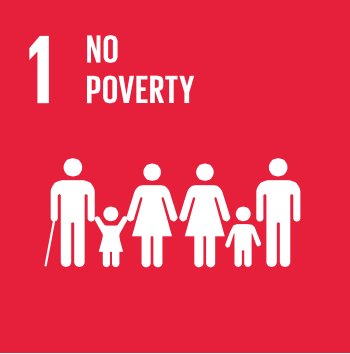
|
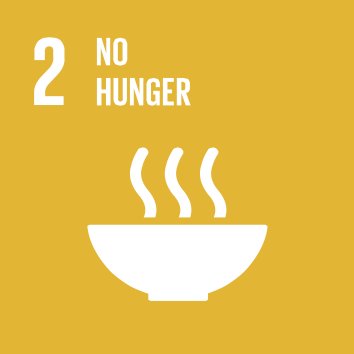
|
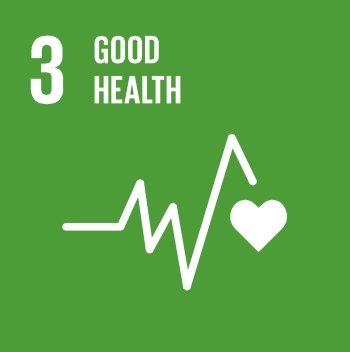
|
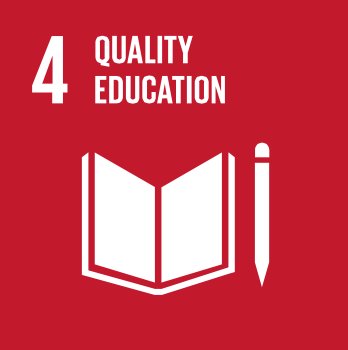
|
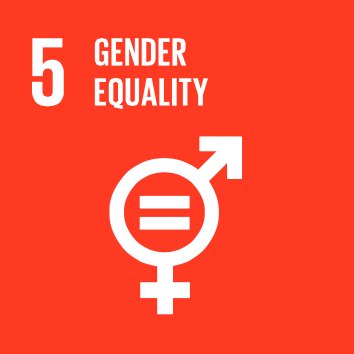
|
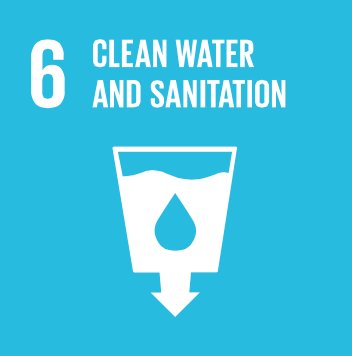
|
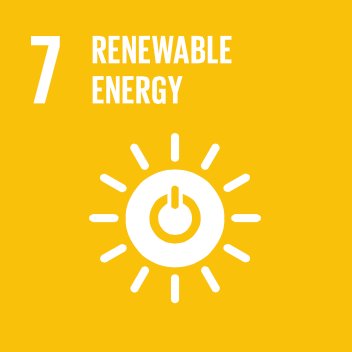
|
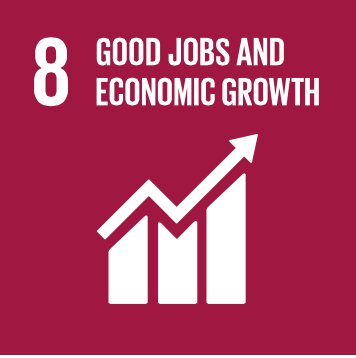
|
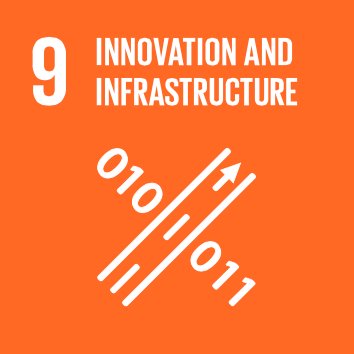
|
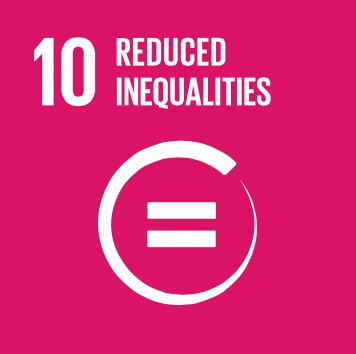
|
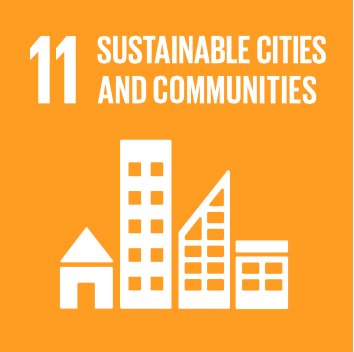
|
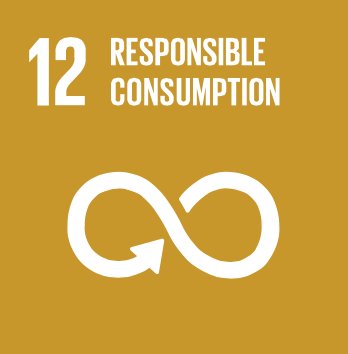
|
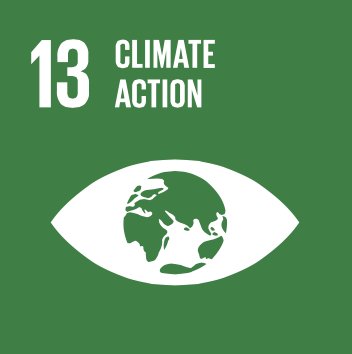
|
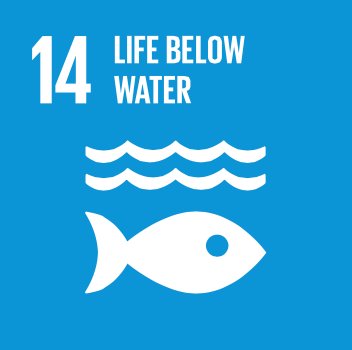
|
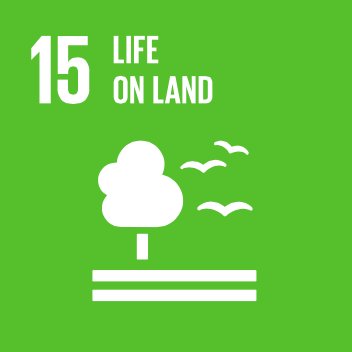
|
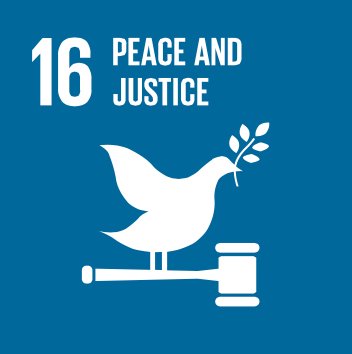
|
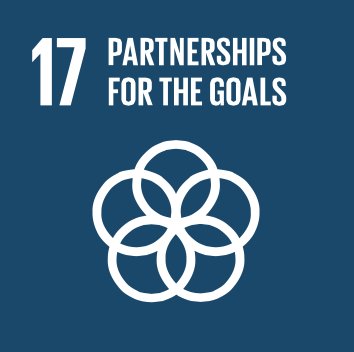
|
|
INPAGE NAVIGATION TO EACH GOAL
Click on the Image
|

|

|

|

|

|

|

|

|

|

|

|

|

|

|

|

|

|
|

|
End poverty in all its forms everywhere
The absence of poverty results in an improvement in QUALITY OF LIFE
The removal of poverty requires a deep understanding of how the socio-enviro-economic system works and the decisions that have to be made in order to get to this outcome.
The idea of classical Western economics that efficient markets and self interest will achieve this outcome in the most efficient way has not been proven by experience, rather the experience is that economic efficiency as practiced in the capitalist framework results in a concentration of wealth and rather little 'trickle down' to the masses. This is to be expected when the dominant metric of success is money wealth with no consideration of the impact of financial wealth on society and the environment.
|

|
End hunger, achieve food security and improved nutrition
and promote sustainable agriculture
The absence of hunger results in an improvement in QUALITY OF LIFE
Reducing hunger requires a multi-element coherent strategy involving the availability of food and the ability to buy the food for the family. The availability of food depends on the production, transport, storage and distribution of food. Local production may be supplemented by imported food which requires the availability of resources at the national level or within the private sector to buy the food.
A substantial amount of food goes to waste. Some of this waste takes place in the agricultural production phase of the food chain, a significant amount is lost during storage and then there is waste in the household. In total as much as 40% of all food produced for human consumption is wasted in some way or another
|

|
Ensure healthy lives and promote well-being for all at all ages
|
Goal
#4.
|
QUALITY EDUCATION
|
GO TOP
|

|
Ensure inclusive and equitable quality education and promote lifelong learning opportunities for all
|
Goal
#5.
|
GENDER EQUALITY
|
GO TOP
|

|
Achieve gender equality and empower all women and girls
|
Goal
#6.
|
CLEAN WATER AND SANITATION
|
GO TOP
|

|
Ensure availability and sustainable management of water and sanitation for all
|
Goal
#7.
|
RENEWABLE ENERGY
|
GO TOP
|

|
Ensure access to affordable, reliable, sustainable and modern energy for all
|
Goal
#8.
|
GOOD JOBS AND ECONOMIC GROWTH
|
GO TOP
|

|
Promote sustained, inclusive and sustainable economic growth, full and productive employment and decent work for all
|
Goal
#9.
|
INNOVATION AND INFRASTUCTURE
|
GO TOP
|

|
Build resilient infrastructure, promote inclusive and sustainable industrialization and foster innovation
|
Goal
#10.
|
REDUCED INEQUALITIES
|
GO TOP
|

|
Reduce inequality within and among countries
|
Goal
#11.
|
SUSTAINABLE CITIES AND COMMUNITIES
|
GO TOP
|

|
Make cities and human settlements inclusive, safe, resilient and sustainable
|
Goal
#12.
|
RESPONSIBLE CONSUMPTION
|
GO TOP
|

|
Ensure sustainable consumption and production patterns
|
Goal
#13.
|
CLIMATE ACTION
|
GO TOP
|

|
Take urgent action to combat climate change and its impactsb
|
Goal
#14.
|
LIFE BELOW WATER
|
GO TOP
|

|
Conserve and sustainably use the oceans, seas and marine resources for sustainable development
|

|
Protect, restore and promote sustainable use of terrestrial ecosystems, sustainably manage forests, combat desertification, and halt and reverse land degradation and halt biodiversity loss
|
Goal
#16.
|
PEACE AND JUSTICE
|
GO TOP
|

|
Promote peaceful and inclusive societies for sustainable development, provide access to justice for all and build effective, accountable and inclusive institutions at all levels
|
Goal
#17.
|
PARTNERSHIPS FOR THE GOALS
|
GO TOP
|

|
Strengthen the means of implementation and revitalize the Global Partnership for Sustainable Development
|
|



















































